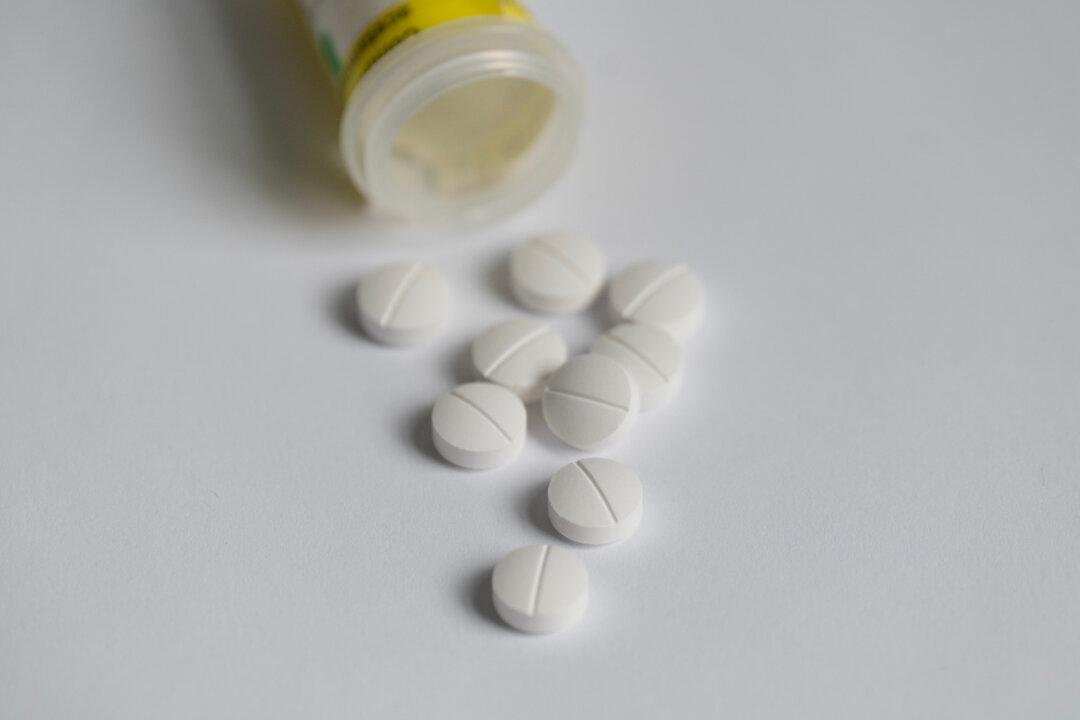A Quebec Superior Court judge has authorized a class-action suit that alleges 16 pharmaceutical companies misled people regarding the safety and addictive nature of opioids.
People who have been diagnosed with opioid use disorder in Quebec since 1996 may be covered by the lawsuit.





